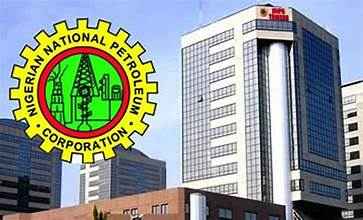The Nigerian National Petroleum Company (NNPC) Limited has unveiled its plan to collaborate with private firms for the management and upkeep of its refineries in Kaduna and Warri.
This initiative aims to bolster the country’s petrol supply and enhance energy security.
The announcement, shared via NNPC’s official X account on Thursday, reveals that the company is seeking reputable Operations & Maintenance (O&M) firms to oversee the Warri Refining and Petrochemical Company (WRPC) and the Kaduna Refining and Petrochemical Company (KRPC).
The objective is to ensure dependable and sustainable operations that fulfill the nation’s fuel supply and energy security requirements.
The selection process for these firms will involve a three-stage tender process: Expression of Interest (EOI), Technical Evaluation, and Commercial Evaluation.
The circular emphasizes the focus on cost-saving measures in consumable procurement, personnel management, and the implementation of advanced systems such as Computerized Maintenance Management Software (CMMS) and Warehousing Management System (WMS).
Bidding firms must meet several eligibility requirements, including proof of company registration, a certified copy of the Certificate of Incorporation from the Corporate Affairs Commission (CAC), statutory documents detailing the company’s ownership structure, a detailed company profile, and a valid Tax Clearance Certificate for the past three years.
They must also provide financial statements for the last three years and assurance of their capacity to complete the contract on time.

The Warri Refinery, located in Delta State, was commissioned in 1978 and has a distillation capacity of 6,250,000 metric tonnes per annum (MTA), or 125,000 barrels per day (bpd).
It includes a petrochemical plant established in 1988, with production capacities of 13,000 MTA of polypropylene and 18,000 MTA of carbon black, serving the southern and southwestern regions of Nigeria.
The Kaduna Refinery, commissioned in 1980, initially catered to Northern Nigeria’s petroleum needs with a capacity of 50,000 bpd.
It was expanded in 1983 to 100,000 bpd and further increased to 110,000 bpd in 1986.




